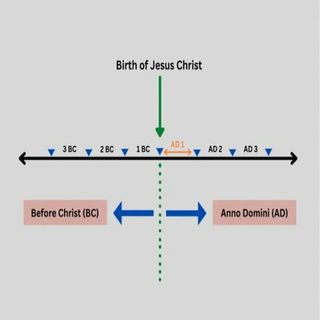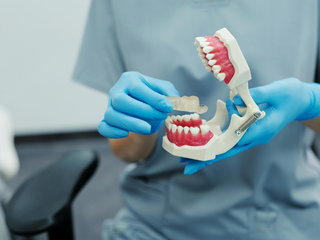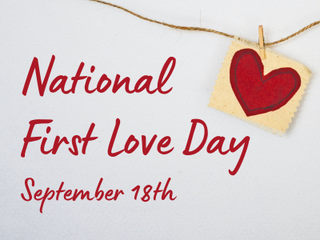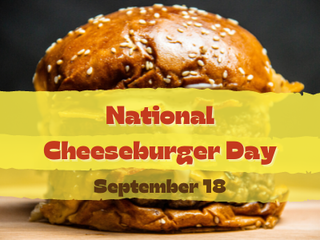- Calendar
- Calendar 2026
- September
- World Alzheimer’s Day
World Alzheimer’s Day
World Alzheimer's Day is observed annually on September 21 to raise awareness and fight the stigma surrounding the reality of Alzheimer's.
With over 55 million people living with dementia worldwide, this day plays a crucial role in starting conversations and offering support to patients, families, and caregivers.
World Alzheimer’s Day was initiated by Alzheimer’s Disease International with the goal to encourage early diagnosis and proper support.
What is Alzheimer's Disease
Alzheimer’s is a brain disease that slowly destroys memory and thinking skills, making it harder for a person to remember things, make decisions, or even do everyday tasks. It usually starts off mild, with small memory lapses, but over time it gets worse. It’s the most common form of dementia, and mostly affects older adults. Even though there is currently no cure, early detection and treatment can help control symptoms and enhance quality of life.
Background
In 1994, Alzheimer's Disease International (ADI) and the World Health Organization started World Alzheimer's Day.
The date was specifically selected so that it overlaps with the 10th anniversary of ADI. The campaign saw significant expansion in 2012 when it became World Alzheimer's Month and made September, a whole month to raise awareness and educate the people.
History of Alzheimer's
Alzheimer’s disease, the most common form of dementia, has a history that stretches back to ancient times.
Greek and Roman philosophers and physicians once believed that memory loss and confusion were just a natural part of aging.
It wasn’t until 1901 that a German psychiatrist, Alois Alzheimer, studied a 50-year-old woman named Auguste D., who showed severe memory problems and behavioral changes.
After her death in 1906, he examined her brain and found unusual plaques and tangles, which would later become key markers of the disease.
In 1910, the condition was officially named Alzheimer’s disease by Emil Kraepelin, who included it in his psychiatry textbook and categorized it as “presenile dementia,” meaning it occurred in people under the age of 65.
For much of the 20th century, doctors believed Alzheimer’s only affected people between 45 and 65. Older individuals with similar symptoms were diagnosed with senile dementia.
But, in 1977, a major conference concluded that the symptoms and brain changes were nearly identical in both younger and older patients.
This led to a broader use of the term Alzheimer’s disease for all age groups.
In 1984, the National Institute of Neurological and Communicative Disorders and Stroke (NINCDS) and the Alzheimer’s Disease and Related Disorders Association, now called the Alzheimer’s Association, introduced diagnostic criteria.
These guidelines helped doctors identify the disease more accurately.
The criteria were updated in 2007 to reflect new research and understanding. A definitive diagnosis still requires examining brain tissue after death.
But, cognitive tests and brain scans are now commonly used for clinical diagnosis. Today, Alzheimer’s disease is known as a progressive neurological disorder.
It can affect adults of any age, although it is most common in older adults.
How to Participate in World Alzheimer's Day
World Alzheimer’s Day is a time to raise awareness, support families, and take action. Whether you're learning more, sharing a post, or helping someone in your community, every step matters.
You can also learn the 10 early signs of Alzheimer’s from trusted health websites.
Understanding the symptoms helps you support others and take care of your own brain health.
Want to spread the word? Post a fact or story on social media using hashtags like #WorldAlzheimersDay and #KnowDementia. Sharing information online helps more people learn and feel less alone.
Get involved by joining a memory walk, attending an awareness event, or watching a panel discussion online.
You can also donate or volunteer with an Alzheimer’s organization near you.
Don’t forget the caregivers. They do so much, often with little support. A kind message, a small favor, or just checking in with them can mean a lot.
Taking care of your brain matters too. Read, learn new skills, stay active, and eat healthy foods, especially a Mediterranean-style diet.
Facts About Alzheimer's
- Dementia affects over 55 million people globally and is expected to triple by 2050.
- Every 3 seconds, someone in the world develops dementia.
- Alzheimer's accounts for the majority of dementia cases.
- Age is the biggest known risk factor, but it’s not a normal part of aging.
- Genetics, lifestyle, and environmental factors also play a role.
- Risk can be lowered by staying mentally, physically, and socially active.
Recommended Articles
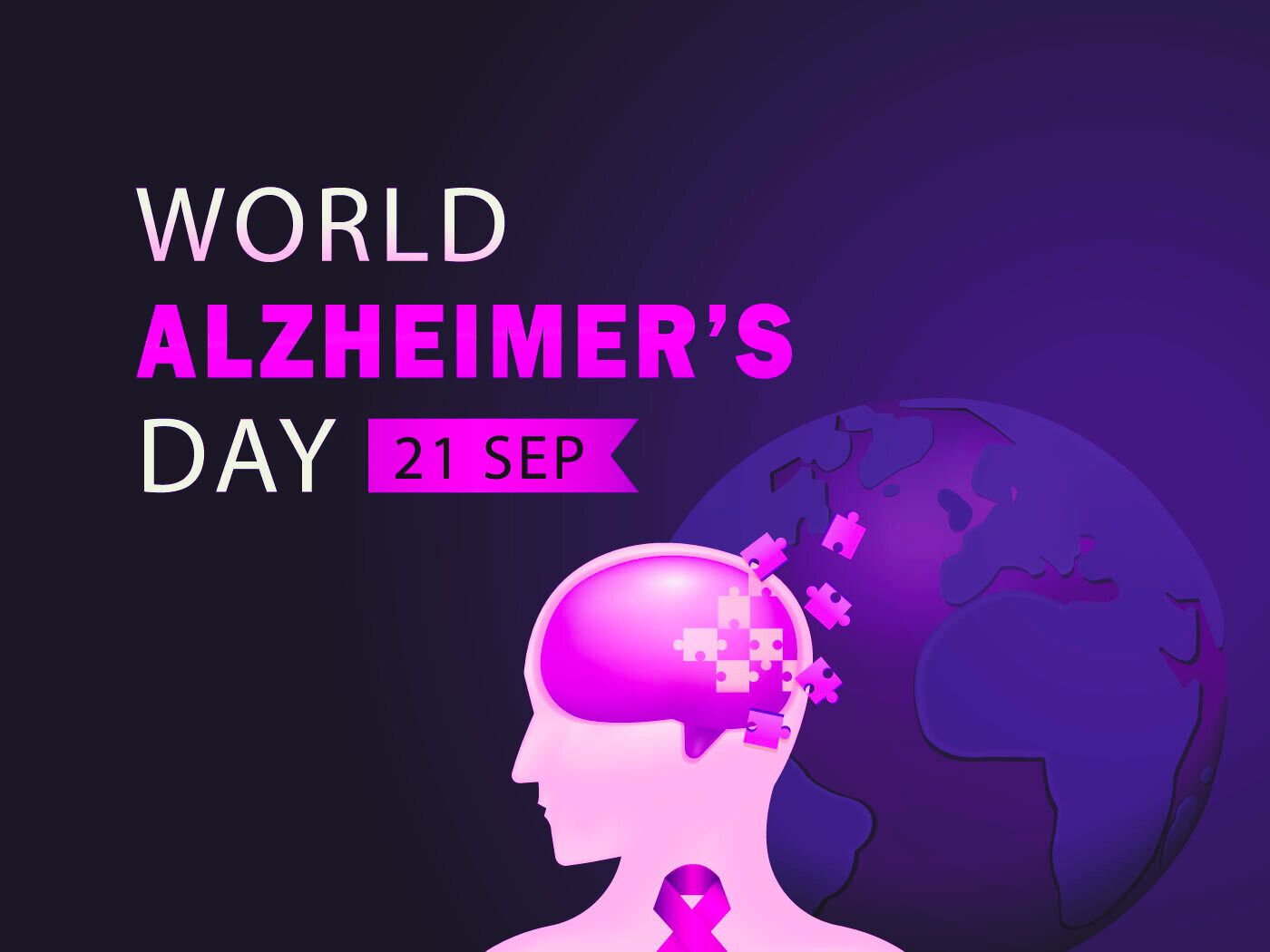
Other Celebrations
-
Feb 05 Thu
-
Feb 13 Fri
-
Apr 03 Fri
-
Apr 07 Tue
-
Sep 01 Tueworld alzheimer's month
-
Jan 16 Sat

World Alzheimer’s Day - Next years
Tuesday, 21 September 2027
Thursday, 21 September 2028
Friday, 21 September 2029


